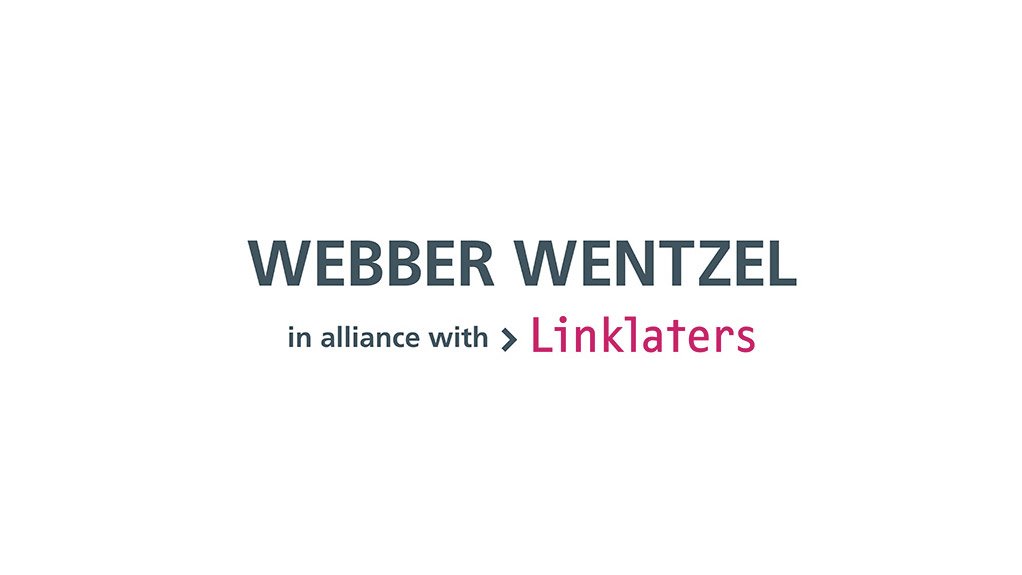At various stages during the Covid-19 pandemic in South Africa, various studies were released on the negative impact that Covid-19 will have on the construction sector. Some studies predicted that the sector could experience a total of 140,000 job losses. With alert level 1 now in effect, the construction sector can breathe a sigh of relief with prospects for increased activity.
All players within the construction sector will need to ensure compliance with the Construction Sectoral Guidelines (Guidelines) that were recently published by the Chief Inspector of the Department of Employment & Labour (DEL). Although the Guidelines have not been published in the government gazette, the Guidelines have been published on the DEL website as a final version. We anticipate that the Guidelines will be published in the Government Gazette shortly.
The Guidelines aim to assist the construction sector in applying the Covid-19 Direction on Health & Safety in the Workplace. Clients, designers and principal contractors have specific roles to play in applying the Guidelines.
It is important for employers to note that the Construction Regulations 2014 (CR) under the Occupational Health and Safety Act 85 of 1993 (OHSA) remain applicable and must be complied with by employers.
The Guidelines provide that the client's team and principal contractor should work together to identify ways in which Covid-19 risks can be mitigated. The HIRA [under CR 5(1)(a)] needs to be updated for the project at a high level to identify levels of risk that would expose employees and other project staff to Covid-19. The aspects of the HIRA need to incorporate the risk categories as identified by the Hazardous Biological Agent Regulations 2001.
We highlight the key provisions of the Guidelines below.
Workplace risk assessment
Employers must conduct a workplace risk assessment and identify -
- High risk exposure work processes which should be divided into four risk exposure categories
- High risk work practices which include labour intensive activities, confined working spaces, toolbox talks and workshops.
Site access points
Contractors must ensure that they follow strict protocols at site access points including -
- maintaining strict visitor access control;
- requiring all individuals on site to wash their hands on site and thereafter apply hand sanitiser before entering the site; and
- enforcing staggered start and end times.
Engineering controls and administrative controls
The contractor must ensure that the certain engineering controls are in place -
- proper ventilation: workplaces must be well ventilated by natural or mechanical means;
- physical barriers: if workstations cannot be spaced at least 1.5 metres apart, physical barriers should be placed between workers; and
- adaptation of workstations to increase social distancing.
The contractor must also ensure that certain administrative controls are in place -
- screening, reporting of symptoms and implementing sick leave;
- minimising contact;
- rotation and shift work;
- work from home strategies;
- communication and information strategies;
- role of health and safety committees and representatives;
- education and training;
- reporting of incidents, contact tracing, screening, testing and surveillance;
- management of Covid-19 positive employees and workplace contacts; and
- management of vulnerable employees and special measures for their protection.
Healthy and safe work practices
Employers must ensure that they make use of disinfectants and sanitisers and encourage personal hygiene in the workplace and on site. This includes the obligation to ensure that -
- workers are required to wash their hands and sanitise their hands regularly while at work;
- there are adequate rubbish bins with lids for disposal of paper towels;
- workers sign tools in and out and disinfect tools; and
- workers to be provided with necessary tools and equipment to prevent sharing of tools and equipment insofar as reasonable and practical.
Personal Protective Equipment (PPE)
The type of PPE required will vary according to the work activity and medical risk factors. The principle contractor must ensure that workers who work in close contact with one another wear the appropriate PPE and workers must be trained on how to wear, remove and dispose of PPE. The principle contractor should also provide designated bins for the disposal of PPE.
The main types of PPE that should be considered are -
- masks and respirators;
- gloves; and
- face shields.
Safe transport for employees
The contractor should train workers who rely on public transport or who use employer-provided transport on the relevant safety protocols that they should follow. This includes information on social distancing and wearing of masks.
Contractors should, as far as possible, ensure that safe transport arrangements are made which includes -
- sanitisers for work;
- masks and respirators for taxi drivers; and
- social distancing and capacity arrangements.
Written by Kate Collier, a Partner & Shane Johnson, Professional Support Lawyer at Webber Wentzel
EMAIL THIS ARTICLE SAVE THIS ARTICLE ARTICLE ENQUIRY
To subscribe email subscriptions@creamermedia.co.za or click here
To advertise email advertising@creamermedia.co.za or click here











